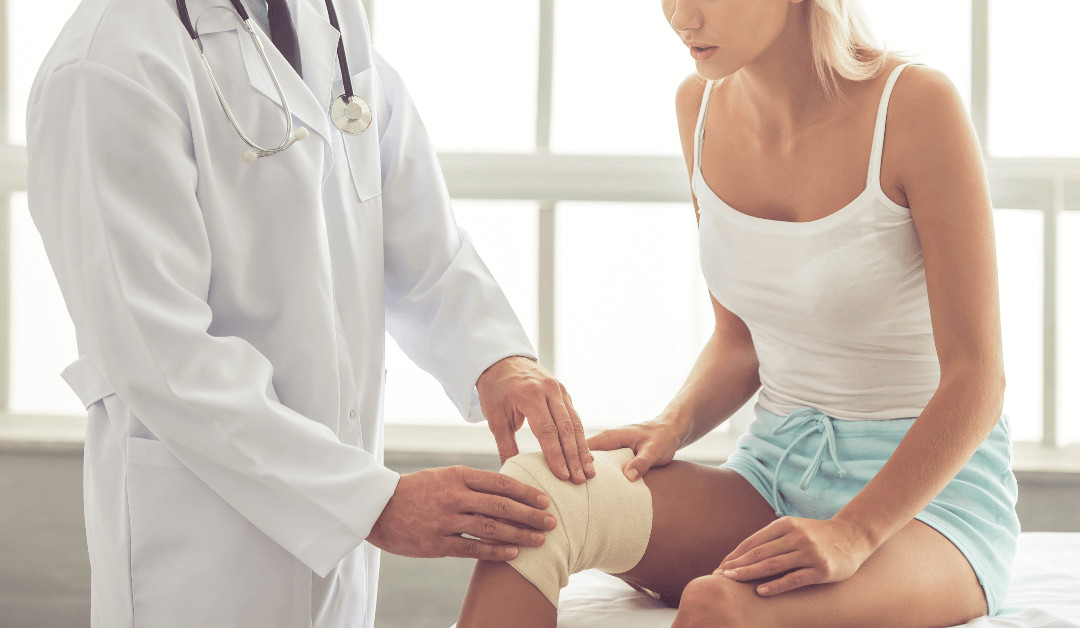Most patients preparing for total knee replacement surgery are often concerned about pain. Post-operative patients with knee replacements want to know how much pain they will face after surgery and how many drugs or other medications they may need to take. Before you struggle, learning about pain will minimize anxiety and help you control your expectations. Below are a few steps suggested by Celebration Orthopaedic & Sports Medicine Institute on how to manage pain after a total knee replacement surgery.
Take a rest after total knee replacement surgery
Total knee operations have an enormous impact on your body, which means you can’t expect to resume your normal daily activities within four to five days following the procedure following the operation. Think about it, injury to the knee joints has occurred over time; your healing and recovery will not be instant.
All of this relates to pain, swelling, and over-activity, which all require rest. Being on your feet induces discomfort and swelling. The knee is the body’s largest, most complex joint. The knee will respond poorly when overused, leading to pain and discomfort.
Be active in short distances, and in between those spurts, rest for longer periods for the first week of your healing. Don’t anticipate at least 2-4 weeks of house chores or gardening based on how easily you heal.
Apply Ice
The application of ice in knee replacement surgery rehabilitation is vital for pain relief. In conjunction with medications, ice can minimize discomfort, and it can be used on its own when pain is less intense. An orthopedic surgeon recommends a block of ice with a compression bag carefully wrapped around the knee.
We recommend getting between five and ten gel packets and holding them in the freezer if an ice maker or compression bags are not available. You will have to change the ice packs periodically during your recovery.
Use your Medications
Your orthopedic surgeon will place you on pain medication for a few weeks, depending on your recovery rate. These pain medications come with side effects, but you are expected to follow the doctor’s prescription. You should contact your primary physician if you experience excruciating pains after a few weeks of using the medication prescribed by your orthopedic surgeon.
Weeks after the surgery, and though you are returning to your regular routine, you may still need pain medication. This is particularly true during the night when pain is more intense.
Also, we recommend that you elevate your legs more as it will help soothe your knee pain. Lastly, if you experience unusually sharp pain, especially after physical exertion, it could indicate muscle or ligament inflammation. Ensure you book an appointment with your doctor for further medical check-ups.
Contact Us
Celebration Orthopaedic & Sports Medicine Institute has orthopedic surgeons with years of total knee replacement surgery experience. Knee pain is best managed with the right diagnosis and prescription. If you have a bad knee or experience pain in the knee, we are your first destination. Contact us today for further inquiries.

